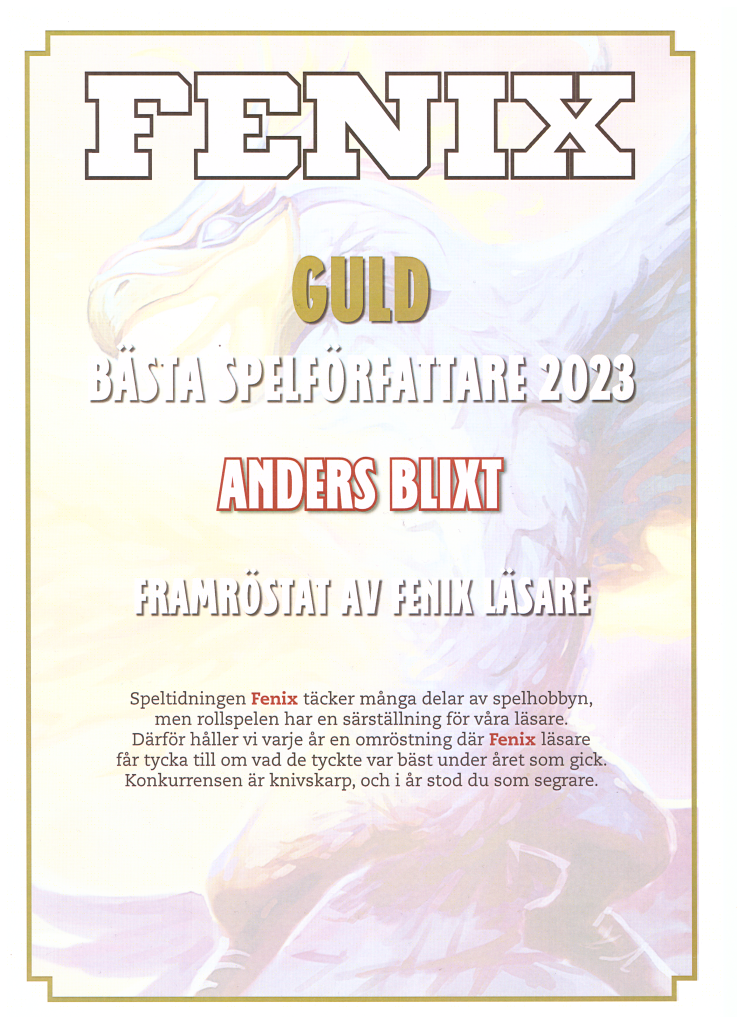When my mind enters its RPG design mode at the keyboard, I shape-shift to a lesser kind of demiurge. I gain the power to create intangible realms, perhaps places that exist in the Platonic world of ideas. JRR Tolkien referred to this as being a “subcreator”. With words and pictures, I built virtual landscapes of dawn, dusk and darkness that others may explore in their thoughts and dreams.
I call myself a dreamsmith, a master of a small, specialized craft.
At several occasions people asked me: “How do you come up with all those colourful ideas?”
“I honestly don’t know,” I responded. “It is a kind of mental big bang”
I get a basic idea from somewhere – a dream, a phrase, a story, etc. That’s the singularity.
I ask myself: “What is THIS?”
BIG BANG!
I start typing: ideas, people, places – it’s cosmic inflation in my mind, my imagination running wild. Hectic hours ensue when I jot down notions, match ideas to the basic world structure, make sure that stuff fit together, that there is depth and width, a past and a future, societies and ecology.
And there it is: a new cosmos with its peculiarities, its challenges, its adventures. An intangible place that isn’t, but that ought to be.
Here lies the pain that comes with the power. I am but a man and cannot make my game worlds real – whatever I do, my subcreations remain stories in people’s minds and shadows dancing on a wall. It’s frustrating, because I want to go by steam-launch along an ancient canal from Vanzan Shor, I want to see sunrise over the ocean from the quays of the Atlantean city of Ausōpolis, I want to cross the ice plains of Alba in a juggernaut. And so on.
The most exquisite subcreations become shared realities. Tolkien’s Middle-earth is the most notable one. His readers share their visions of what that place is like, they experience it together when listening to an audiobook or watching Peter Jackson’s films. We who love Middle-earth know what it would feel like to walk the streets of Minas Tirith or the fields and copses of Ithilien.
That is the power and the pain: creating an imaginary realm but being unable to enter it. Like Moses at the borders of Canaan.






